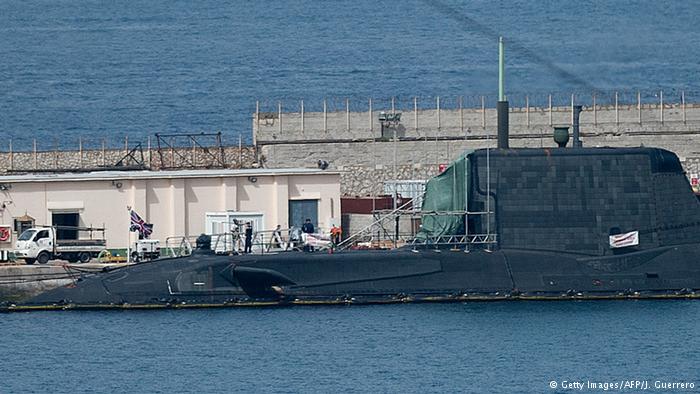21.07.2016
Euronews
Hungary is one of the most xenophobic countries in Europe according to a poll by the Pew Research Centre..
The Central European country, which erected fences on its borders in 2015 to stem the influx of refugees, is never far from the top in these surveys.
Seventy-two percent of Hungarians have a negative outlook, the poll suggests.
Poland is the second with 66%. Just under one-third of French people held the same views despite the country having the highest population of Muslims.
Hungarian xenophobia started to rise fast in 2010, says Endre Sik, researcher at Tárki in Hungary. That’s the year that Viktor Orbán’s party came to power and the year the far-right Jobbik party took their seats in Parliament.
Sik says: “We’ve been monitoring xenophobia since 1992: first it was rising very slowly and then in 2010 it started to rise faster. It had a boom in 2015 and it hit a record high by the beginning of 2016.”
According to the researcher the two main reasons behind this firstly are the traditional isolation of Hungary, it’s always been on the losing side in wars.
The second was the huge number of refugees that turned up on its borders in 2015.
And this was the year the Hungarian government started a billboard campaign.
They had billboards saying: “If you come to Hungary, you cannot take the jobs of Hungarians.”
No surprise then that Pew’s survey shows that 82 percent of Hungarians feel that refugees will have a negative economic impact.
Again, Poland is not too far behind on 75 percent, while one-third have the same fears in Germany, where a lot of migrants have settled and work.
This year’s billboards says: “Let’s send a message to Brussels so that they understand.”
Another says: “Since the beginning of the migrant crisis, more than 300 people died in terror attacks.”
Along with: “Did you know that the attack in Paris was carried out by immigrants?”
Hungarians already fear terrorism.
Three-quarters feel refugees will increase the prospect of terrorism. Political analysts Attila Juhász believes the government’s campaign could have a impact on hearts and minds.
Juhász says: “While the first campaign wanted to affect the minds of people with messages like the immigrants will take the jobs of Hungarians, the new campaign is more emotive, emphasising a visceral fear, of crime and the fear of terrorism, and this will make xenophobia rise more.”
Juhász also feels that this number could rise even more as the government has created a “moral panic button” which it pushes as often as it can.
http://www.euronews.com/2016/07/21/hungary-xenophobia-and-feeding-the-fears-of-terrorism
No comments yet.
- EU FAILED TO LEARN LESSON FROM BREXIT, POLAND SAYS Europe - EU 22.07.2016
- IRAQ OIL EXPORTS SET TO RISE IN JULY, DESPITE LEAK Iraq 22.07.2016
-
 SPAIN WANTS ANSWERS AFTER BRITISH SUBMARINE COLLIDES WITH VESSEL OFF COAST OF GIBRALTAR
Europe - EU
22.07.2016
SPAIN WANTS ANSWERS AFTER BRITISH SUBMARINE COLLIDES WITH VESSEL OFF COAST OF GIBRALTAR
Europe - EU
22.07.2016
- IRAQ DEFENSE MINISTER CALLS FOR IMPROVED SECURITY TO MATCH GAINS AGAINST MILITANTS Iraq 22.07.2016
- BRITAIN DOUBLES MILITARY TRAINERS IN IRAQ Iraq 22.07.2016
-
25.01.2016
THE ARMENIAN QUESTION - BASIC KNOWLEDGE AND DOCUMENTATION -
12.06.2024
THE TRUTH WILL OUT -
27.03.2023
RADİKAL ERMENİ UNSURLARCA GERÇEKLEŞTİRİLEN MEZALİMLER VE VANDALİZM -
17.03.2023
PATRIOTISM PERVERTED -
23.02.2023
MEN ARE LIKE THAT -
03.02.2023
BAKÜ-TİFLİS-CEYHAN BORU HATTININ YAŞANAN TARİHİ -
16.12.2022
INTERNATIONAL SCHOLARS ON THE EVENTS OF 1915 -
07.12.2022
FAKE PHOTOS AND THE ARMENIAN PROPAGANDA -
07.12.2022
ERMENİ PROPAGANDASI VE SAHTE RESİMLER -
01.01.2022
A Letter From Japan - Strategically Mum: The Silence of the Armenians -
01.01.2022
Japonya'dan Bir Mektup - Stratejik Suskunluk: Ermenilerin Sessizliği -
03.06.2020
Anastas Mikoyan: Confessions of an Armenian Bolshevik -
08.04.2020
Sovyet Sonrası Ukrayna’da Devlet, Toplum ve Siyaset - Değişen Dinamikler, Dönüşen Kimlikler -
12.06.2018
Ermeni Sorunuyla İlgili İngiliz Belgeleri (1912-1923) - British Documents on Armenian Question (1912-1923) -
02.12.2016
Turkish-Russian Academics: A Historical Study on the Caucasus -
01.07.2016
Gürcistan'daki Müslüman Topluluklar: Azınlık Hakları, Kimlik, Siyaset -
10.03.2016
Armenian Diaspora: Diaspora, State and the Imagination of the Republic of Armenia -
24.01.2016
ERMENİ SORUNU - TEMEL BİLGİ VE BELGELER (2. BASKI)
-
AVİM Conference Hall 24.01.2023
CONFERENCE TITLED “HUNGARY’S PERSPECTIVES ON THE TURKIC WORLD"









